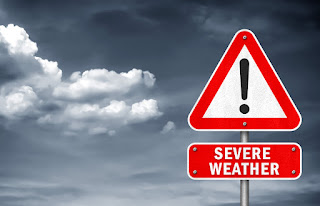Hurricane Season Home Safety Tips
Preparing Before The Storm Hits
Preparing your home before a hurricane is the best way to stay safe during the storm. This includes ensuring you have enough food, water, and supplies for your family. It's also important to have your emergency kit stocked with essential supplies. And finally, ensure that you put together an evacuation plan in advance of any major storm and keep it handy in case you need it in a hurry.Emergency Kit Checklist
One of the most vital parts of preparing for a hurricane or big storm is having an emergency kit together. This checklist will help you stay safe and organized for an emergency:- Non-perishable food items
- First Aid Kit with emergency medication
- Water (one gallon per person per day)
- Battery-powered flashlight
- Emergency radio
- Charged cell phones
- Candles and matches
How to Stay Safe During a Hurricane
During a storm, it's a good idea to move to an interior part of the house and away from windows. Even if your windows are boarded up, it's safer to stay away from anywhere that debris or wind could come flying indoors. On top of that, be ready for the power to go out! Keep your flashlights and candles on hand once the storm hits to avoid any injuries in the dark.After the Storm — What to Do First
After a big storm, your most crucial task is getting in touch with family members and neighbors to ensure everyone is safe. Next, you'll want to assess any damage and begin the cleanup process. After, we have some more tips for getting your home back in order:- Be careful around downed power lines.
- Keep an eye out for broken glass or nails on the ground.
- If your house is flooded, check for water damage and mold and start cleaning immediately. Mold can grow in as little as 48 hours.
- Make sure to turn off any water valves or main switches if you suspect they are broken. If you have time, it's best to wait for an expert plumber to assess your home before you start working on it.
- Check if any shingles have been broken or ripped off your roof.
Here at P.T.R.C., Inc., we are determined to help our clients pay the lowest amount of property tax as required by law. Contact us today to see how we can help you: info@ptrc.com



Comments
Post a Comment